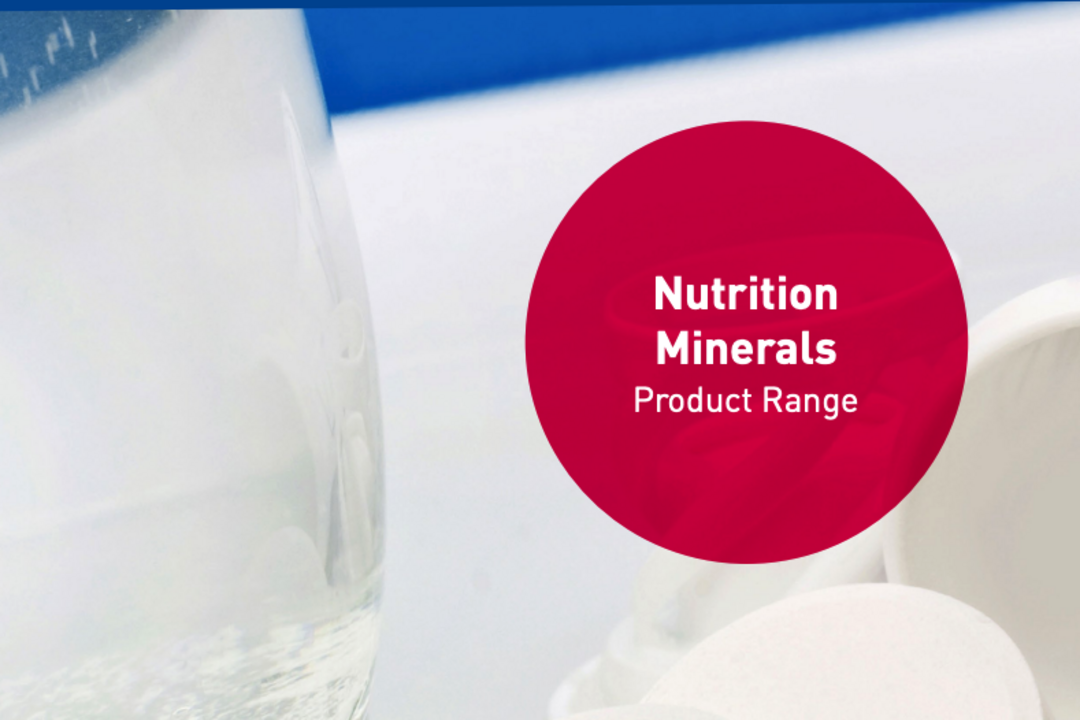
PHARMAGNESIA® Minerals for nutritional supplements
Our minerals can be used in coated and effervescent tablets, capsules, ready-to-drink sachets, liquid applications and more. They meet the standard requirements of pharmacopeias, European regulations and food laws, and are available in different grades, particle size distributions and bulk densities; from light to heavy powders, directly compressible and free-flowing granules.
- High-purity grades
- Proprietary specifications and quality assurance
- Comprehensive documentation
- Dedicated team across Europe
- Long-term partnerships with qualified manufacturers
- Highly qualified technical and commercial support
- Flexibility in procurement to meet individual volumes and packaging requirements
- Established HACCP concept
Under the trademark PHARMAGNESIA® Lehmann&Voss&Co. offers minerals for nutritional supplement use.








